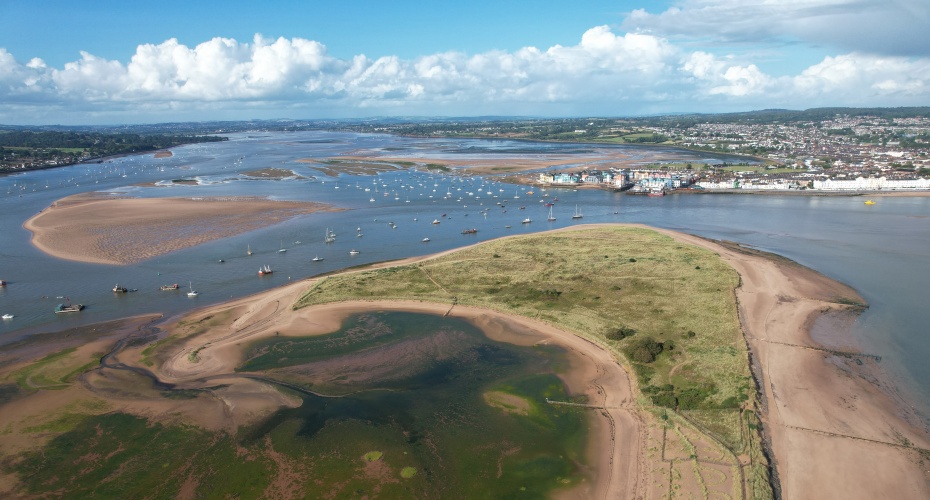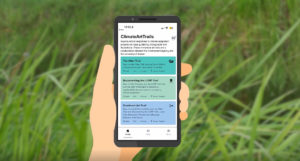South West partnership hailed for making ‘huge impact’ on environment, economy and society

Researchers, business leaders and local government representatives have celebrated the impact of an award-winning environmental science and economics research collaboration that has helped to support around 330 jobs in the local South West economy.
The South West Partnership for Environment and Economic Prosperity (SWEEP), which officially concluded last month, was a collaboration formed in 2017 between the Universities of Exeter, Plymouth and Plymouth Marine Laboratory.
Its projects were carried out with over 300 partners, ranging from local authorities to businesses, charities and social enterprises, with the aim of bringing cutting edge environmental and economic research into the heart of decision-making for the South West.
Achievements included tackling pollinator decline through robust business cases; transforming the way the marine environment is valued and managed; enabling more sustainable landscape management through the use of remote-sensing tools; evidencing the importance of natural spaces for health and wellbeing; and supporting the sustainable expansion of aquaculture in the South West.
From initial funding of £5 million from the National Environment Research Council (NERC) and £7.3 million from partner organisations, SWEEP is calculated to have informed £115 million of partner investments, and delivered £35 million of benefits, mostly to the South West.
Professor Ian Bateman OBE, Director of SWEEP and Professor of Environmental Economics at the University of Exeter Business School, said: “SWEEP has delivered huge impacts, with each pound of public money invested in SWEEP generating a rate of return that is better value for money than almost any public spending and smashes all conventional investments.
“We have helped through the development of tools, services, resources to enable businesses, policymakers and planners to gain a fuller understanding of how they can improve their economic performance and enhance the environment at the same time, uniting innovative interdisciplinary research excellence with the delivery of impactful real world improvements in the environment, economy, government and society in the South West.”
The conclusion of SWEEP and the programme’s successes were celebrated with a special lunch reception last month at The Box, Plymouth’s new museum and gallery space, where researchers, impact fellows and impact facilitators were joined by key partners and supporters representing business, policy, industry and communities.
At the same time, the new SWEEP legacy website was launched and the SWEEP Impact Report 2023 and SWEEP Manual published.



